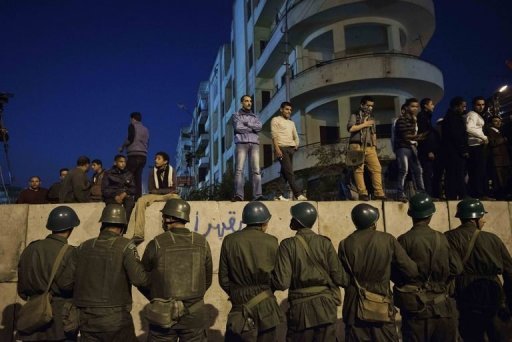Based on observational data from over 370,000 cases and 8,500 judges, a study published in Nature Human Behaviour found that fasting during Ramadan was related to more “leniency” in criminal justice rulings by courts in India and Pakistan.
Researchers are becoming more and more curious about how various factors influence decision-making, particularly in the context of court decisions. The “hungry judge effect” is a phenomenon that has been linked in the past to judges making harsher judgements when they are hungry.
Using a half-worth century of daily data, Sultan Mehmood and colleagues looked into whether fasting during Ramadan affected judges’ choices about criminal sentences in Pakistan and India. The dataset included more than 372,000 court cases from India and more than 5,800 court cases from Pakistan, handled by more than 7,600 Indian judges and more than 900 Pakistani judges, respectively.
“I was most interested in figuring out how religion impacts human decision-making. We know that in some instances, religion might make decisions worse but other times, religion might induce better decision-making,” Mehmood, from the Department of Economics, New Economic School, Moscow, Russia, said.
He explained to Daily News Egypt that he and his colleagues analysed millions of case records across India and Pakistan, two of the largest countries in the world and more than 10 thousand judges to show that Ramadan fasting increases lenient decisions by Muslim judges in both India and Pakistan. The magnitude of the effect is also remarkably similar in both instances, Ramadan fasting increases acquittal verdicts by about 10%.
“Our analysis relies on cutting-edge quasi-experimental methods used in empirical research. To infer causality from observational data, we leverage the natural experiment of Ramadan fasting since Ramadan fasting times vary across geographic locations and over time depending on whether Ramadan falls in winter or summer,” Mehmood added.
He further explained that the team used random assignment of cases across Muslim and non-Muslim judges. “In the simplest terms, we can think that our methodology considers additional acquittals by Muslim judges relative to non-Muslim judges as Ramadan fast gets longer relative to it gets shorter. Here, the ruling by non-Muslims serves as a counterfactual.”
The researchers looked at the decisions by type of crime and found that Ramadan effects are particularly pronounced for the most violent of crimes, where the accused faces life imprisonment.



